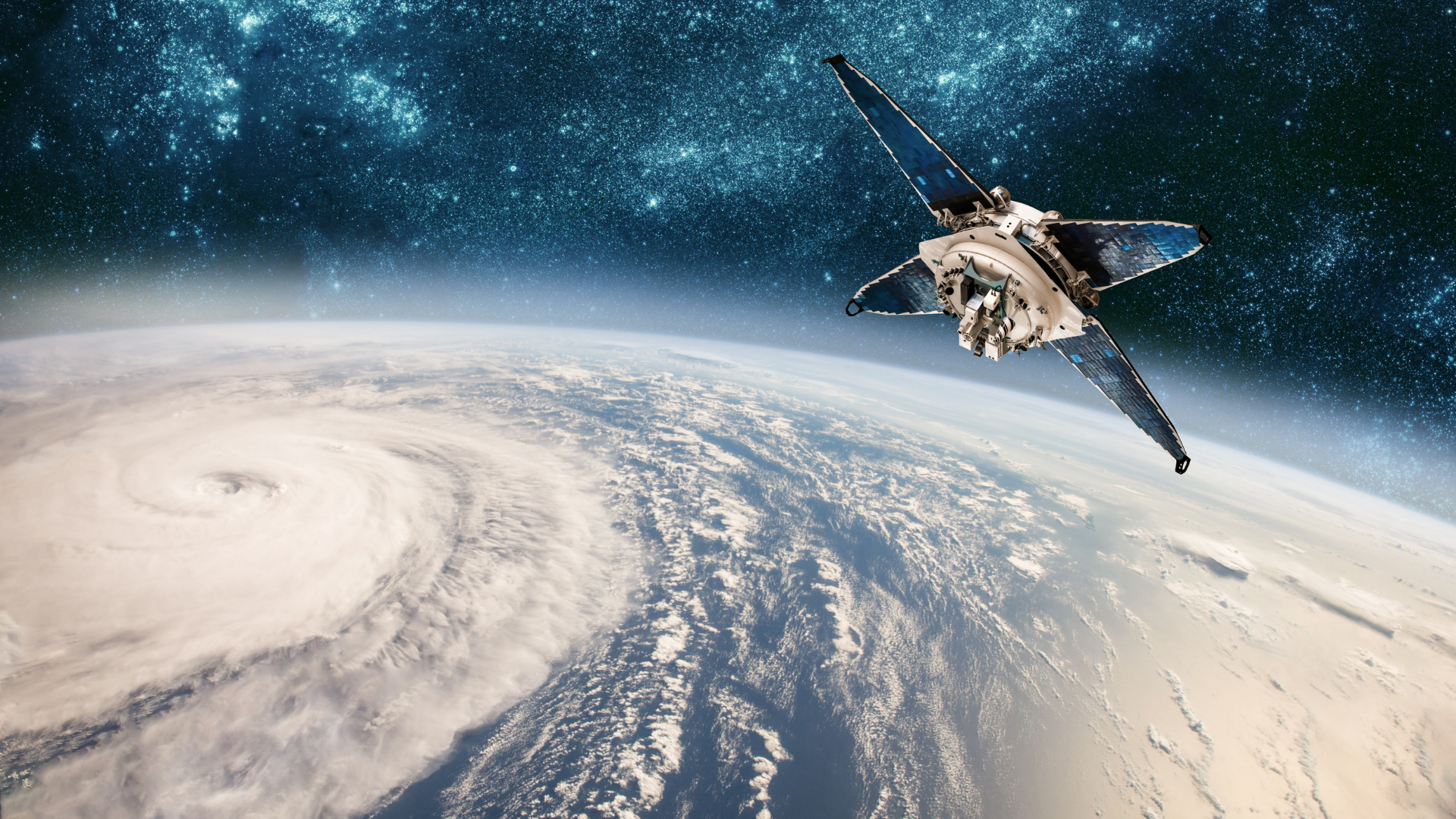One question that has long intrigued humans is the weather in space. Though it’s not easy to answer, scientists have been able to measure changes in Earth’s atmosphere using satellites. By studying these images, scientists have been able to determine that the air temperature in Earth’s upper atmosphere increases about 15 degrees when the moon is full.
It seems like every day, there’s a new viral video of astronauts floating around in space doing crazy things, and now one of the stars of NASA’s first all-female spacewalk has given another glimpse of what it’s like to leave Earth. Astronaut Anne McClain posted an Instagram photo of herself floating in space with a caption that read, “There’s nothing like floating in zero gravity. It’s so peaceful.” The photo of McClain was taken aboard the International Space Station (ISS) and showed her floating in a zero-gravity environment on a spacewalk.
When astronauts go into space, they face one very serious problem: how to keep themselves safe from space radiation. For thousands of years, mankind has looked to the heavens as a way to discover the secrets of the universe and to push the boundaries of science. But what happens just after we leave our atmosphere? Space radiation is an ever-present risk, and astronauts need to know how they will be affected. Space radiation comes from two sources: cosmic rays and solar energetic particles (SEPs). Solar energetic particles are charged particles emitted from solar flares and CMEs (coronal mass ejections) from the sun. Sometimes, these particles will strike the Earth with incredible speed and power, which results in the aurora borealis.
Have you ever wondered what the weather conditions are in space? If it is as cold as it looks outside, astronauts discovered the hard way that space weather can seriously mess with their health. Here’s how to freeze to death in space and what you can do to avoid it.
Have you ever imagined what it would be like to live in space? What about what it would be like to be an astronaut, living and working in outer space? Admittedly, it’s a pretty dreamy idea. But when you think about it, a lot of the things that we take for granted on Earth are extremely difficult in space. For starters, there’s not a lot of oxygen. Trying to breathe normally would be impossible. And there’s no gravity. Without gravity, we wouldn’t even be able to hold our heads upright. Astronauts would have to Velcro their spacesuits on.
We’ve all heard what astronauts say about living in space, but how often do we think about what it’s like actually to live there? The answer to this fun question will vary, of course, depending on where in space you’re living and working. A spacecraft orbiting the planet—such as the International Space Station (ISS)—will most likely be hot, humid, and noisy. On the other hand, a moon base is likely to be very cold, with no atmosphere to buffer the sun’s rays.
The atmosphere is 99.98% nitrogen, 0.02% oxygen, 0.03% argon, 0.04% carbon dioxide, and small amounts of water vapor on a typical surface. But in space—well, the atmosphere is 0.00%! The thin atmosphere surrounding the earth contains trace amounts of other elements, including nitrogen, oxygen, argon, and carbon dioxide. There is also a layer of inert gases, or “contrails,” higher than our atmosphere but lower than the vacuum of space.
Space is filled with all sorts of interesting environments, from the freezing cold temperatures of the outer planets to the searing heat of Venus. But the one thing about space that tends to get overlooked is the weather. How different is it from that on earth? What kinds of weather do you enjoy most? What kind of weather do you wish you could enjoy?
Strange things happen in space. Weird gravitational pulls cause the moon to orbit Earth at varying speeds, and scientists are still trying to figure out why. Moving planets and moons in our solar system echo the chaos we see in outer space. The conditions in outer space are no joke, and that attitude carries over to how the astronauts behave, who sometimes seem downright rude. But astronaut etiquette also changes depending on where you are in space. For instance, if communication is limited, crew members may wait until someone is available to chat with before speaking.
